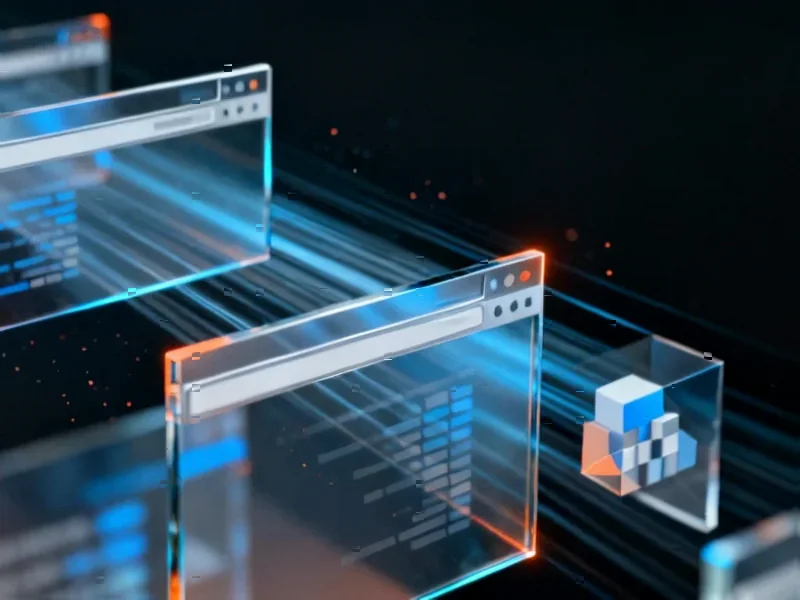According to VentureBeat, Beacon Software just raised a whopping $250 million Series B round led by General Catalyst, Lightspeed, and D1 Capital. That brings their total funding to $335 million since launching just last year. The company, founded by former Instacart president Nilam Ganenthiran and ex-Sequoia partner Divya Gupta, has already acquired dozens of software companies across education, finance, and logistics. They’re targeting businesses that serve thousands of enterprise customers and employ hundreds of thousands of people.
The AI Roll-Up Play
Here’s the thing about Beacon – they’re not building new AI products from scratch. They’re acquiring established software companies in what they call “essential vertical software” and then embedding their own AI and engineering talent directly into these businesses. Think local soccer clubs, campgrounds, family-owned service providers – the unsexy but essential companies that actually keep communities running.
Basically, they’re taking the roll-up strategy that’s been popular in private equity and giving it an AI makeover. Instead of just financial engineering, they’re adding technical expertise. The question is whether this actually creates value beyond just consolidation. Can you really transform a campground booking system with the same AI magic that powers consumer tech?
Why This Timing Makes Sense
Look, the timing here is pretty interesting. We’re seeing a massive shift toward practical AI applications after the initial hype cycle. Investors are hungry for companies that can actually deploy AI in real businesses rather than just talking about it. Beacon’s model lets them skip the whole “product-market fit” struggle by acquiring businesses that already have customers and revenue.
And let’s be real – with founders from Instacart and Sequoia, plus backers like the CEO of Instacart and people from OpenAI and DoorDash, they’ve got the credibility to pull this off. But scaling this model across dozens of different verticals? That’s the real challenge. Each industry has its own quirks and legacy systems.
The Real Winners Here
So who actually benefits from this model? The acquired companies get access to top-tier AI talent they could never afford or attract on their own. The investors get exposure to AI transformation across multiple industries through a single bet. And Beacon gets to build what they’re calling a “permanent home” for essential software.
But here’s my take: the biggest beneficiaries might be the end customers – the small businesses and organizations that get to use modern software without having to navigate the chaos of the startup world themselves. If Beacon can actually deliver on making these essential services more efficient without destroying what made them work in the first place, that’s a pretty compelling vision.
The proof will be in whether these acquired companies actually grow faster and serve their customers better. Because at the end of the day, $250 million is a lot of money to prove that AI can transform the boring businesses that actually matter to people’s daily lives.




I don’t think the title of your article matches the content lol. Just kidding, mainly because I had some doubts after reading the article.